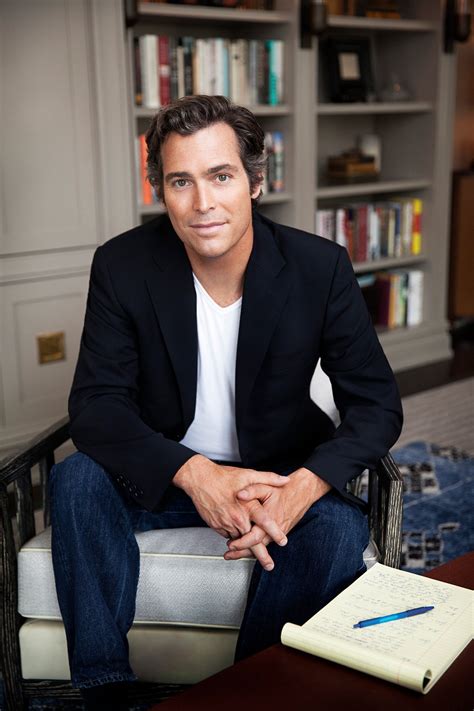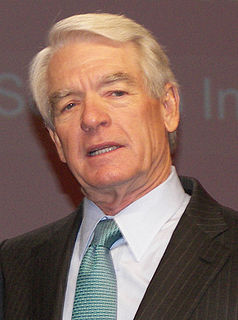A Quote by Anne Waldman
I was going to public school in the post-World War II, the grey doldrum years. But I was in this extraordinary environment of Manhattan, of Greenwich Village, of bohemian parents.
Related Quotes
I've seen terrorism close up, but I don't live in a state of terror at all. I'm comfortable going to the Manhattan Thanksgiving Day Parade, the tree lighting at Rockefeller Center, Times Square on New Years Eve. For perspective, the world today is a safer place than it was during the Cuban Missile Crisis, the Berlin Airlift, World War II.
Democracy takes work. That's the thing we're really finding out, that, you know, in many ways, you know, the past two decades we've taken for granted all of the extraordinary achievements of the post-war generation. You know, building this global alliance structure that has kept the peace across the North Atlantic since World War II. Building all of these institutions, building all this remarkable technology. And people have privatized. You know, you can now, you don't have to go outdoors much, the whole world comes to you.
I think in many ways, the Spanish Civil War was the first battle of World War II. After all, where else in the world at this point did you have Americans in uniform who were being bombed by Nazi planes four years before the U.S. entered World War II? Hitler and Mussolini jumped in on the side of Francisco Franco and his Spanish nationalists, sent them vast amounts of military aid, airplanes, tanks - and Mussolini sent 80,000 ground troops as well - because they wanted a sympathetic ally in power. So I think it really was the opening act of World War II.
We have to recognize that the reason that the global order that we've enjoyed and almost take for granted over the last several years exists is that after World War II, the United States and its allies tried to build an antidote to what they had seen between World War I and World War II. There, they'd seen protectionism, beggar-thy-neighbor trading policies, so they said, we'll build an open international economy. And they did that.
I live in New York City, and one day many years ago I was with a poet, Gregory Corso, walking through Greenwich Village. He pointed to a doorway in an alley that he said led to a tunnel under Manhattan, a tunnel he'd use to run from the cops. I started learning about old Prohibition-era speakeasy tunnels under the city, for running whiskey.
It's important to remember that World War II was experienced very much as a continuity in that sense. Most of World War II in most of Europe wasn't a war; it was an occupation. The war was at the beginning and the end, except in Germany and the Soviet Union, and even there really only at the end. So the rest of time it's an occupation, which in some ways was experienced as an extension of the interwar period. World War II was simply an extreme form, in a whole new key, of the disruption of normal life that began in 1914.






































